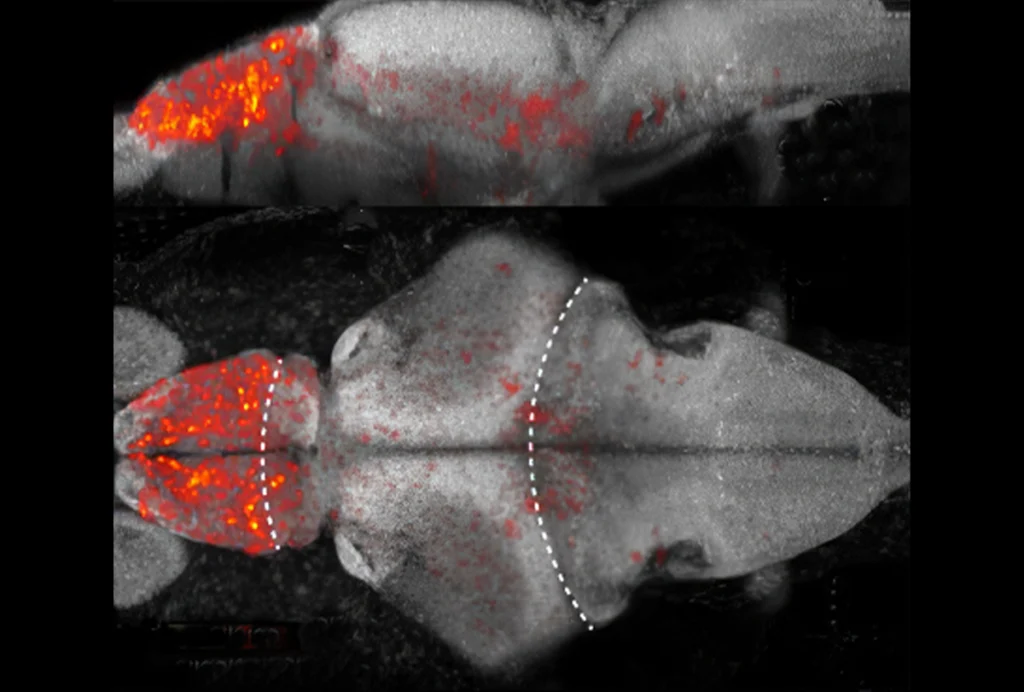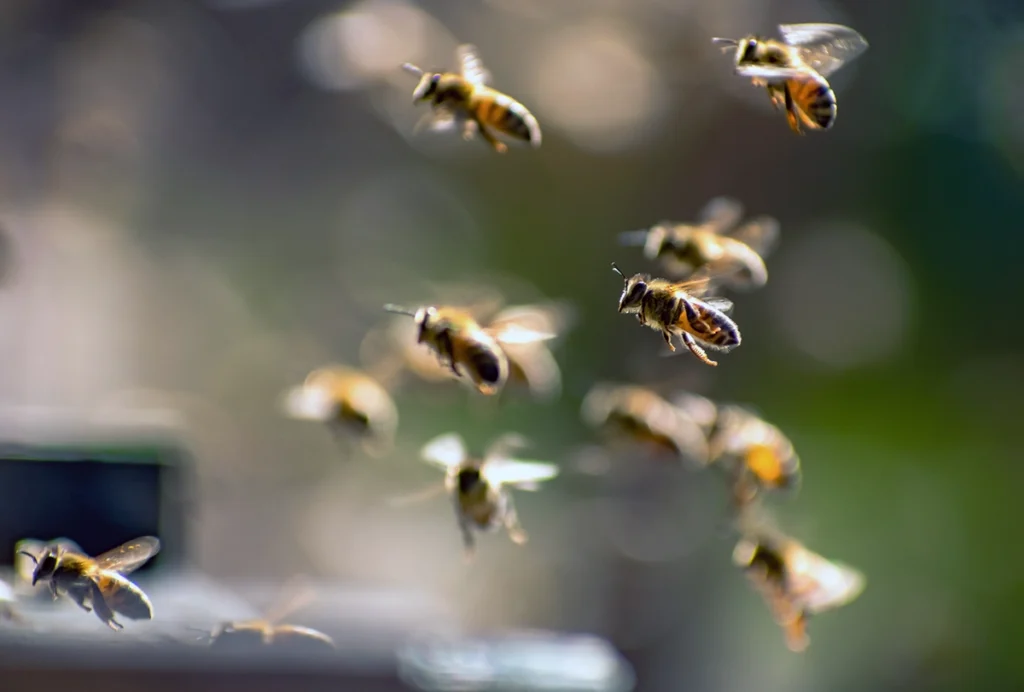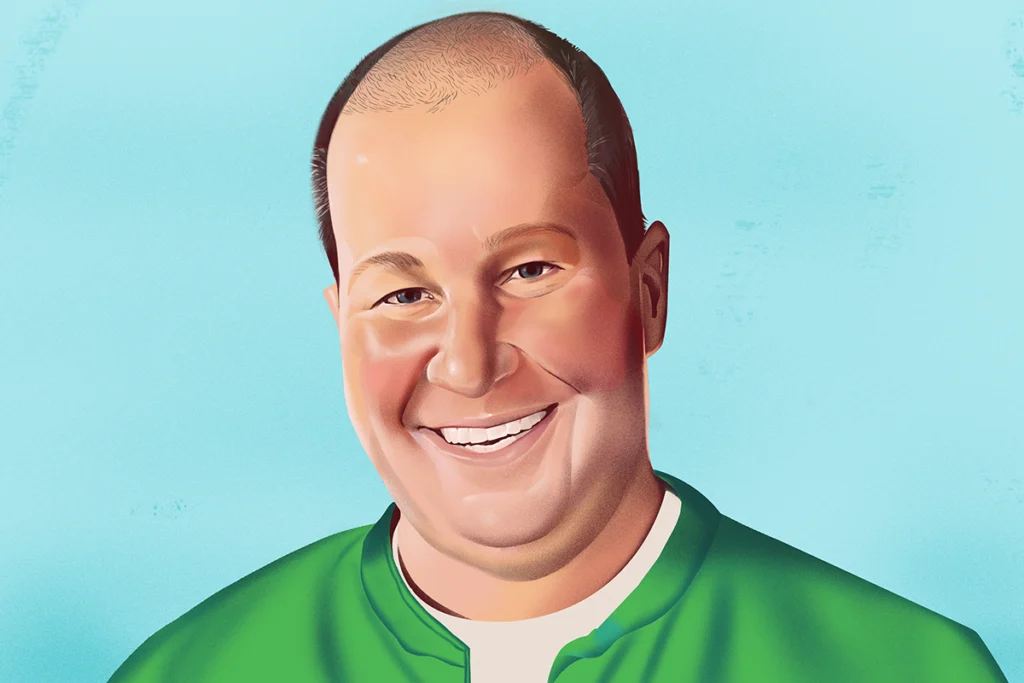Spatial cognition and navigation
Recent articles
Remembering Eleanor Maguire, ‘trailblazer’ of human memory
Maguire, mastermind of the famous London taxi-driver study, broadened the field and championed the importance of spatial representations in memory.

Remembering Eleanor Maguire, ‘trailblazer’ of human memory
Maguire, mastermind of the famous London taxi-driver study, broadened the field and championed the importance of spatial representations in memory.
‘Place cells’ help guide freely swimming zebrafish larvae
The newly found cells function like those in mammals, revealing that spatial cognition evolved earlier than previously thought.

‘Place cells’ help guide freely swimming zebrafish larvae
The newly found cells function like those in mammals, revealing that spatial cognition evolved earlier than previously thought.
Postdoc’s grad-school sleuthing raises questions about bee waggle-dance data
A journal has flagged two papers with expressions of concern, which note a co-author acknowledged errors.

Postdoc’s grad-school sleuthing raises questions about bee waggle-dance data
A journal has flagged two papers with expressions of concern, which note a co-author acknowledged errors.
Dancing in the dark: Honeybees use antennae to decode nestmates’ waggles
The insects align their antennae with their body’s angle to a dancer—information that vector-processing circuitry in the brain deciphers into a flight path, a new study suggests.
Dancing in the dark: Honeybees use antennae to decode nestmates’ waggles
The insects align their antennae with their body’s angle to a dancer—information that vector-processing circuitry in the brain deciphers into a flight path, a new study suggests.
The value of math and spatial learning with Loren Frank
The Howard Hughes Medical Institute investigator discusses what drew him to study the brain and his current work at the University of California, San Francisco.

The value of math and spatial learning with Loren Frank
The Howard Hughes Medical Institute investigator discusses what drew him to study the brain and his current work at the University of California, San Francisco.
Explore more from The Transmitter
Proposed NIH budget cut threatens ‘massive destruction of American science’
A leaked draft of a Trump administration proposal includes an approximately 40 percent cut to the National Institutes of Health’s budget and a major reorganization of its 27 institutes and centers.

Proposed NIH budget cut threatens ‘massive destruction of American science’
A leaked draft of a Trump administration proposal includes an approximately 40 percent cut to the National Institutes of Health’s budget and a major reorganization of its 27 institutes and centers.
Too much or too little brain synchrony may underlie autism subtypes
Functional connectivity differences in autism mouse models point to two subtypes that correspond to patterns seen in some people with the condition.

Too much or too little brain synchrony may underlie autism subtypes
Functional connectivity differences in autism mouse models point to two subtypes that correspond to patterns seen in some people with the condition.
Smell studies often use unnaturally high odor concentrations, analysis reveals
It’s time to fashion olfactory neuroscience stimuli based on odor concentrations in the wild, say study investigators Elizabeth Hong and Matt Wachowiak.

Smell studies often use unnaturally high odor concentrations, analysis reveals
It’s time to fashion olfactory neuroscience stimuli based on odor concentrations in the wild, say study investigators Elizabeth Hong and Matt Wachowiak.